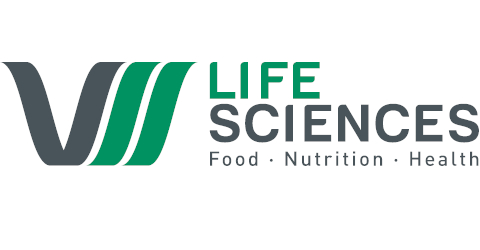Professorships
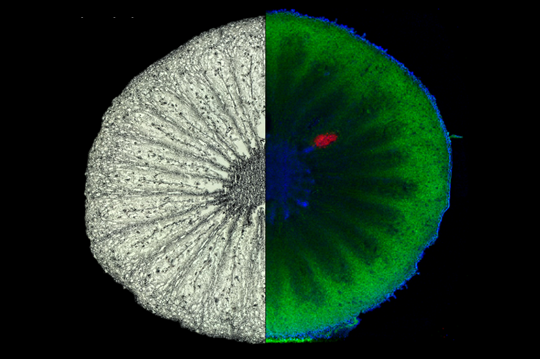
Bioanalytical Sciences and Food Analysis - Prof. Dr. Andreas Römpp
In many areas of the life sciences, the detection of certain substances, such as food ingredients or active pharmaceutical ingredients, is of central importance. In many cases, not only the concentration of these substances but also their spatial distribution in a complex system plays an important role. New methods are therefore being developed at the Chair of Bioanalytics and Food Analysis, which provide spatially resolved information based on mass spectrometric data. The issues dealt with range from the development of new antibiotics and the effects of microplastics to the detection of food additives/contaminants.

Nutritional Biochemistry - Prof. Dr. Janin Henkel-Oberländer
Obesity is a worldwide problem affecting almost 40 % of the population. The prevalence of obesity, insulin resistance and the consequent diseases such as type-2-diabetes, non-alcoholic or metabolic-associated fatty liver disease (NAFLD / MAFLD) and metabolic syndrome is increasing rapidly. The chair of Nutritional Biochemistry focuses on the molecular mechanism, how food components such as (un)saturated fatty acids and cholesterol affect the insulin-regulated glucose and lipid metabolism in different cell types. As obesity is associated with a low-grade inflammation, we are interested in the regulation of macrophage activation by food components and bioactive lipids such as PGE2.

Biochemistry of Microorganisms - Prof. Dr. Gerald Lackner
Microorganisms play a central role in food supply and safety worldwide. About one third of all food is produced with the help of microbial fermentations. However, microorganisms also cause 600 million cases of food-borne illnesses every year and, through food spoilage, are responsible for a significant portion of the world's 1.3 billion tons of food waste and losses.
In addition, the microorganisms of the gastro-intestinal tract have recently come into focus since their biochemical interactions with the host cells are essential for human health.

Digital Health with Data Science in Life Sciences - Prof. Dr. Aldo Faisal
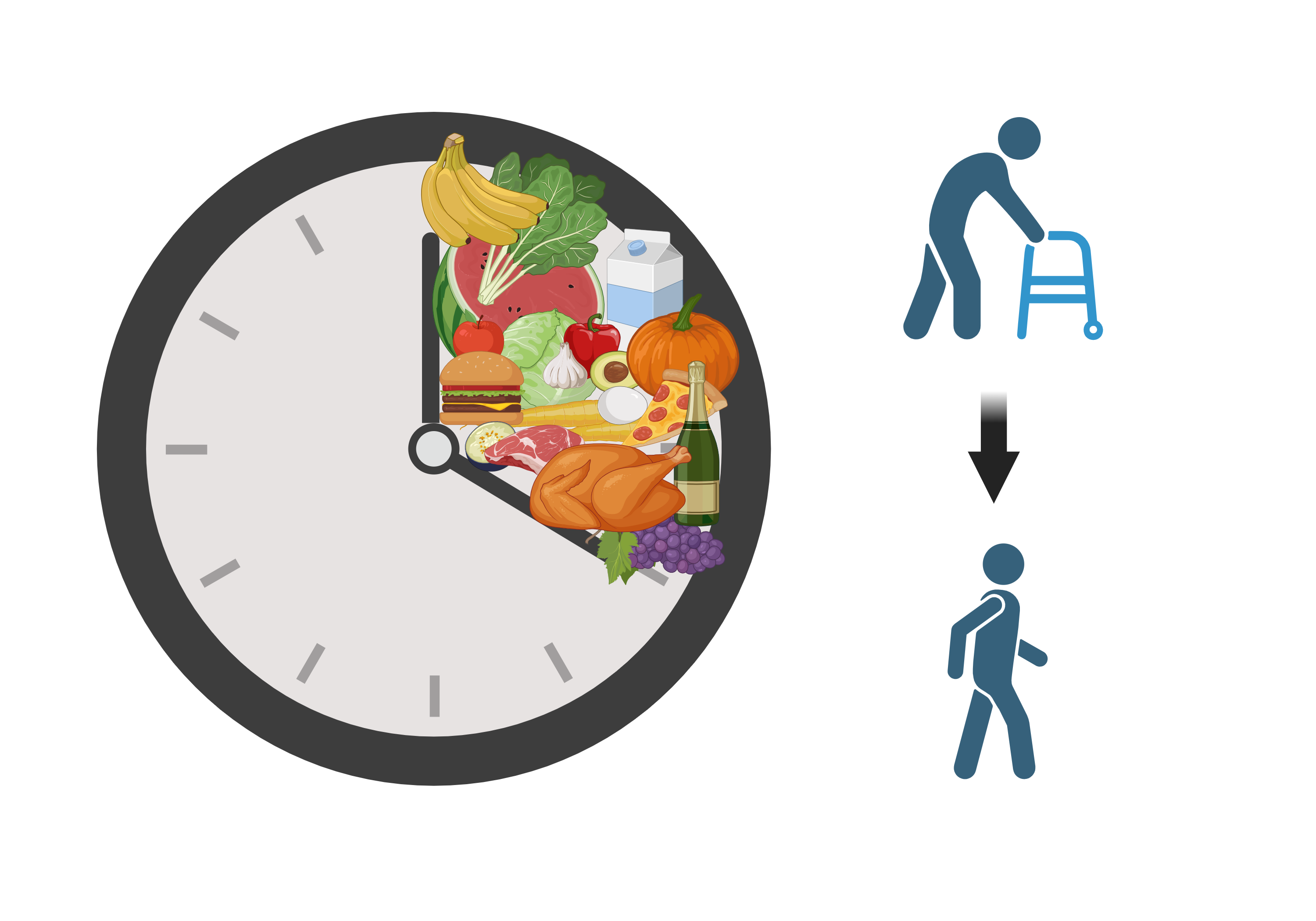
©Biorender
Nutritional Physiology - Deputy: Prof. Dr. Maria Haderer
The Chair of Nutritional Physiology studies the signaling pathways and molecular mechanisms through which food influences our health and longevity. We focus particularly on the nutrient-dependent regulation of the aging process and its associated morbidities (e.g., type 2 diabetes, Alzheimer's disease, or cancer). Additionally, we seek out components in food that act aging-preventive and hence could be promoted as food supplements.

Food Sociology - Jun.-Prof. Dr. Tina Bartelmeß
Food and eating are not only biological necessities, but also socially mediated actions. What and how we eat is socially structured. At the junior professorship of food sociology, the focus is on the social and cultural structures of food and nutrition.
Using qualitative and quantitative methods of empirical social research, we examine how nutrition-relevant structures are shaped in society and how they affect behavior in the form of norms and values.
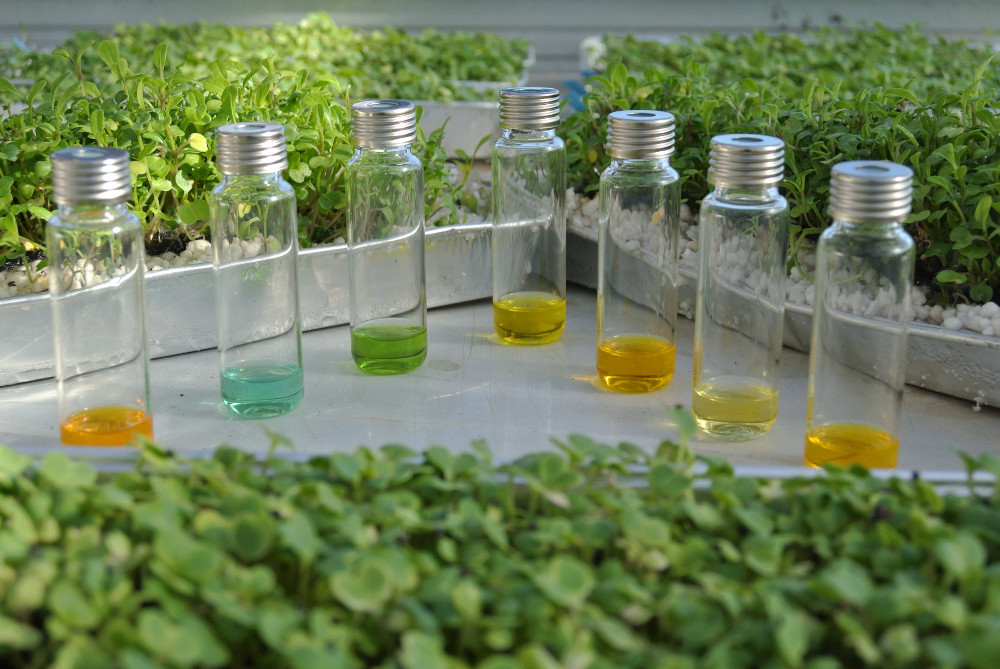
Food Metabolome - Prof. Dr. Susanne Baldermann
The group has extensive expertise in mass-spectrometry based analytics. By merging targeted and non-targeted analysis of primary and specialized metabolites we aim to uncover the importance of metabolite dynamics in the context of quality of plant based foods and its impact on healthy nutrition. The current trend of more plant-based, nutrient-rich diets will draw increased attention on secondary plant metabolites. Among others, our interest is to elucidate the genetic diversity, to study the effect of environmental challenges on metabolite homeostasis, and to elucidate the dietary effects of altered micronutrient profiles, with a special focus on carotenoids and apocarotenoids.
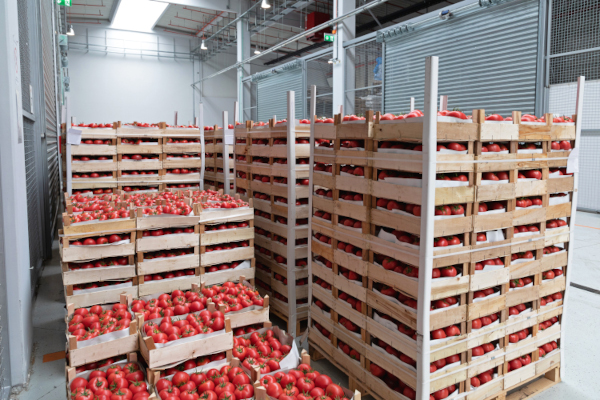
Food Supply Chain Management - Prof. Dr. Christian Fikar
Food supply chain management is challenged by several uncertainties present in daily operations. Related processes are highly complex as various product characteristics need to be considered simultaneously to ship products from farm to fork on time and in the right quality.
To support efficient and sustainable operations, the Chair of Food Supply Chain Management focuses on developing decision support systems to improve understanding, evaluate impacts and derive related managerial and policy implications.

Crop Plant Genetics - Prof. Dr. A.C. (Corina) Vlot-Schuster
Plant diseases cause considerable losses in yield and often have to be controlled chemically in order to ensure the yield necessary to feed the human population.
The Chair of Crop Plant Genetics investigates plant immunity with the aim of contributing to sustainable plant protection. The focus is on immune-active substances that plants release for their own protection. In addition to securing yield and thus food quantity, we aim to investigate whether these substances also improve the quality of food.

Global Nutrition and Health Policy - Jun.-Prof. Dr. Tim Dorlach
Most global challenges in the fields of nutrition and health are not only scientific-technical but also deeply political. Political actors such as governments, international organizations, NGOs, social movements, and private corporations all contribute to shaping the policies that seek to guarantee a secure and sustainable supply of safe and healthy food. The research and teaching activities at the Junior Professorship of Global Nutrition and Health Policy focus on the political dimensions of nutrition and health.

Food Law - Prof. Dr. Kai Purnhagen
The food system is in urgent need of transformation, particularly within the world’s largest and most impactful market: the European Union.
Law plays an integral part in such a transformation. Law regulates such vastly complex food systems, which include private and public actors across geographical and legal boundaries in order to solve and prevent problems of food safety, food security and the related external effects.
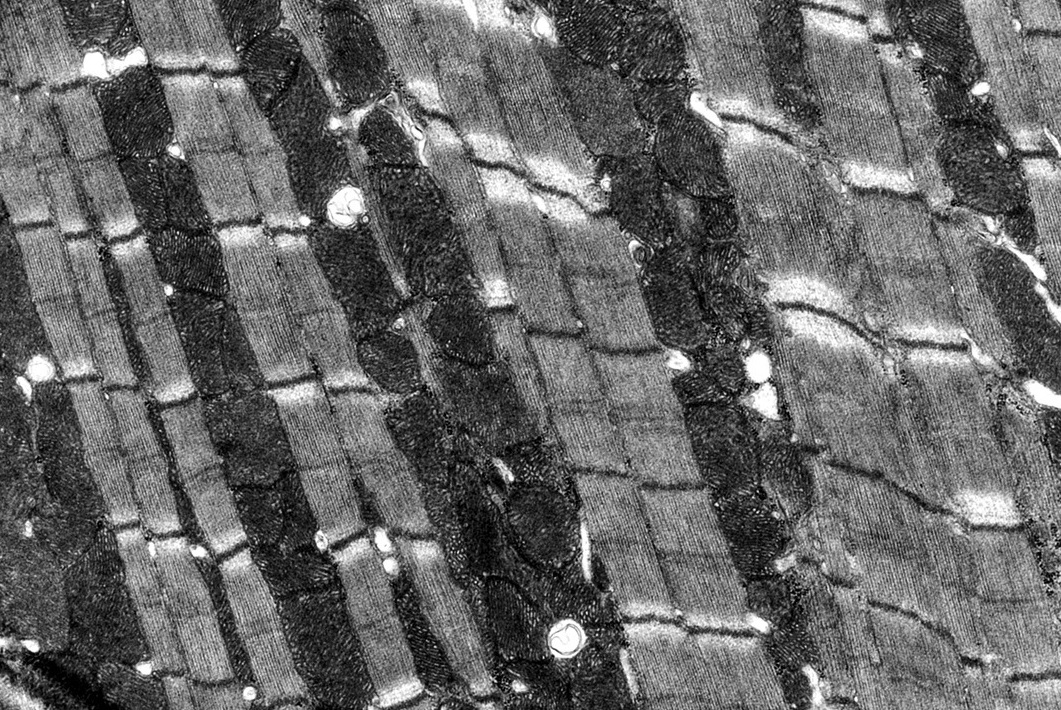
Molecular Muscle and Exercise Physiology - Prof. Dr. Frank Suhr
Approximately two thirds of the adult population achive an inadequate level of daily physical activity. This inactive lifestyle has health consequences and promotes the development and manifestation of non-communicable diseases such as type 2 diabetes mellitus, obesity, cancer or cardiovascular diseases.
The Chair of Molecular Muscle and Exercise Physiology deals with the elucidation of molecular mechanisms that can be induced by physical activity and can thus have a positive influence on maintaining health.
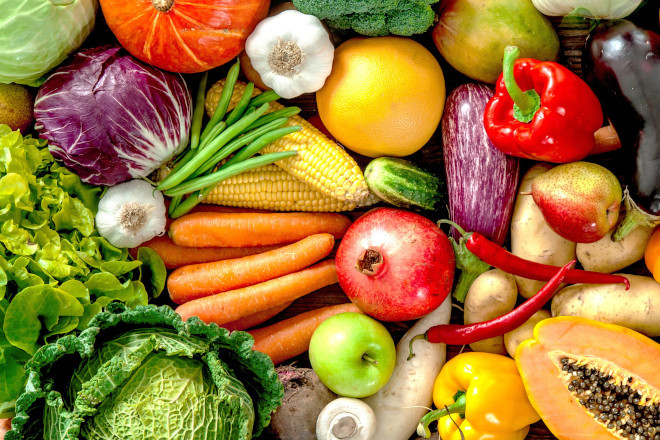
Public Health Nutrition – Prof. Dr. Peter von Philipsborn
Our diets are a key determinant of human health, environmental sustainability, and animal welfare. The prevalence of chronic diet-related diseases, including obesity and diabetes mellitus, is increasing globally. After decades of progress, the number of people suffering hunger and undernutrition is rising again since the 2010s. The Chair of Public Health Nutrition examines how these challenges can be addressed, and how adequate, healthy and sustainable diets can be made available, accessible and affordable for all.

Law and Economics of Health and Risk Regulation - Prof. Dr. Nils Grosche
The Corona pandemic highlighted the role of state authority when combatting health risks. It also highlighted the multifaceted role of law. Firstly, law serves as an instrument that enables the realization of present and future health and risk regulation. Secondly, it is law`s indispensable function to establish limits, upholding democratic decision making and the rule of law, as well as safeguarding fundamental rights.
The direction of future developments in the field of life sciences regarding food, nutrition and health is influenced by the existing legal rules and potential changes. The Chair of Law and Economics of Health and Risk Regulation addresses the legal aspects that arise in this context, while also considering their economic implications.

